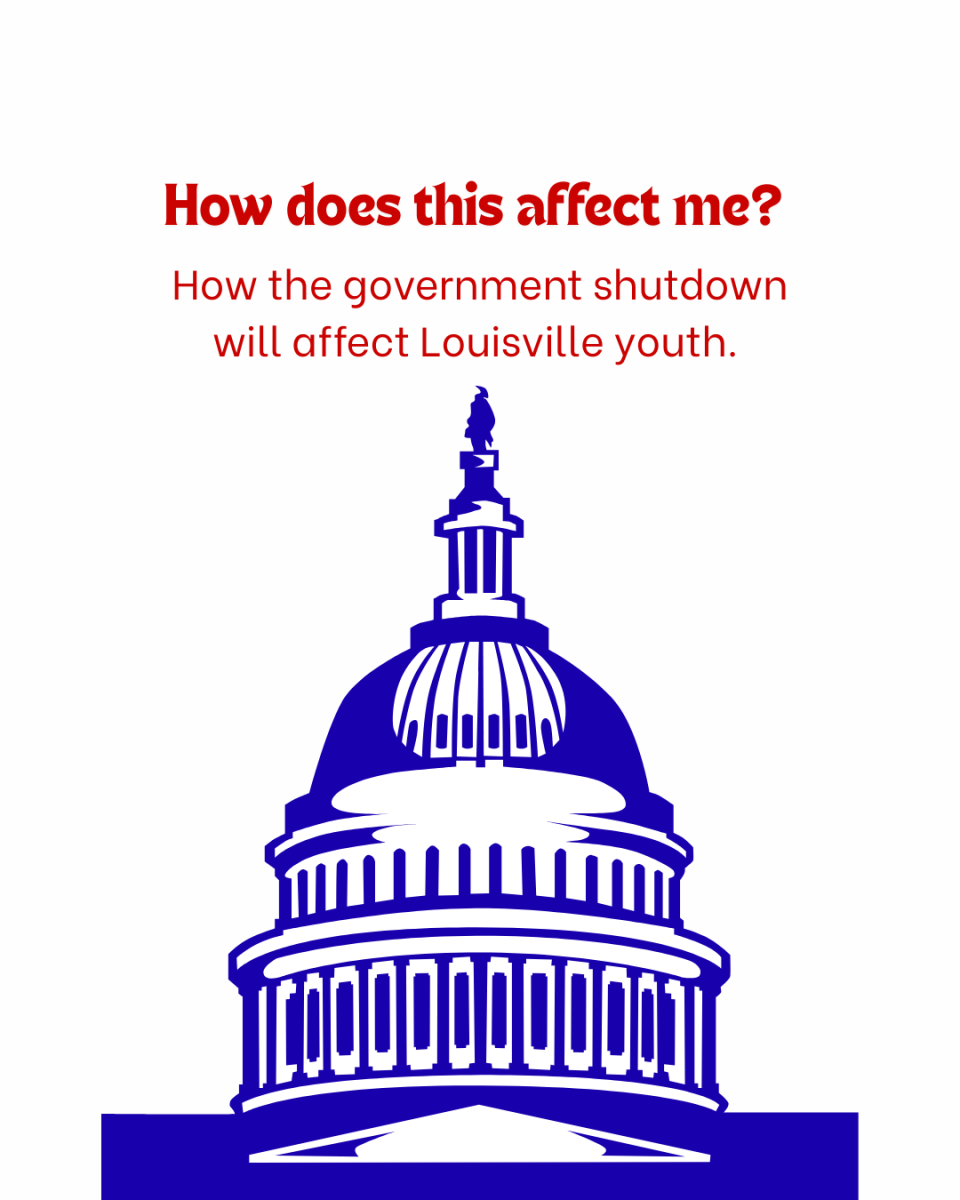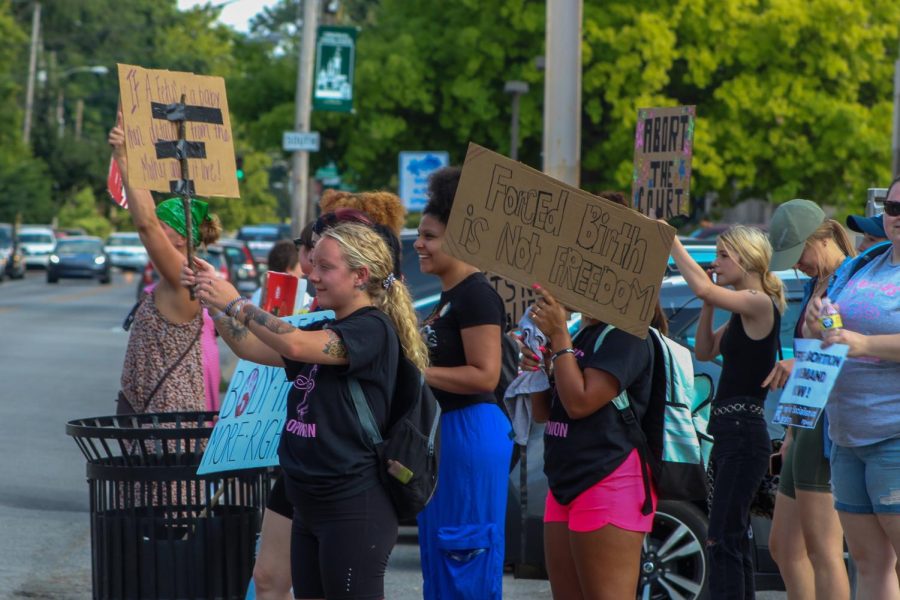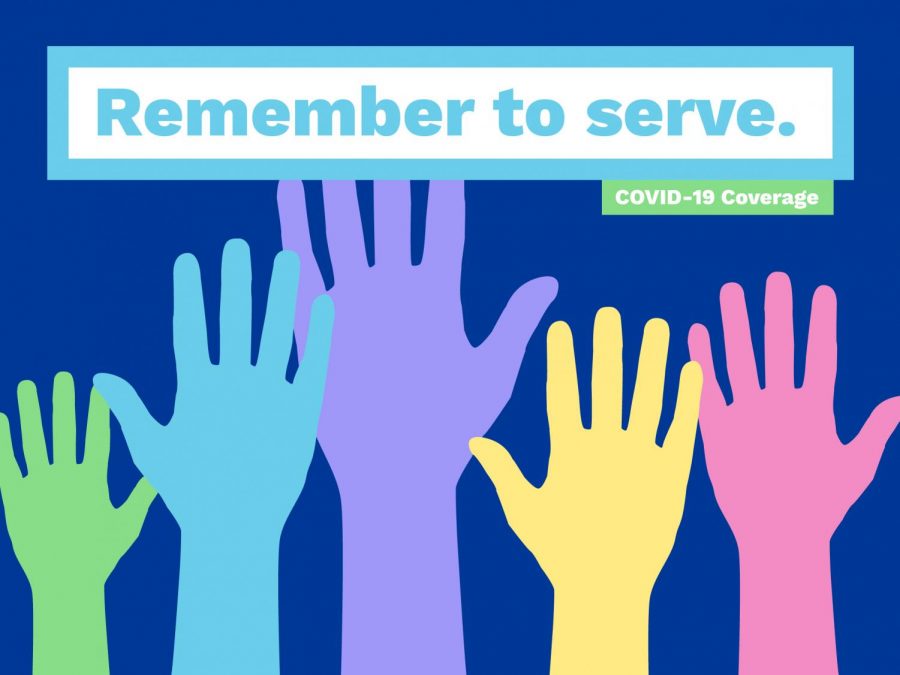As the clock struck midnight, today, on October 1, the United States government officially shut down. While the headlines sound alarming, many are left wondering: What does this actually mean, and how will it affect everyday people, especially students and families in Louisville?
What is a government shutdown?
In simple terms, a government shutdown happens when Congress fails to pass the funding bills necessary to keep federal agencies running. These annual appropriations are essential for federal programs, including national parks, public health, food assistance, and scientific research.
When lawmakers can’t agree on how to fund government operations, many agencies run out of money. As a result, they are forced to slow down or stop entirely until Congress reaches a deal. According to AP News, essential services, such as military operations and air traffic control, usually continue, but without pay for the workers involved
How does this affect you?
A shutdown can have disturbing consequences, especially for those who rely on federally funded programs or jobs. If you fall into any of the following categories, you’ll almost certainly be affected.
1. If you’re dependent on a federal paycheck
Federal employees may be furloughed (sent home without pay) or required to work without pay until funding is restored. These include lesser-thought-of careers such as postal workers and TSA agents. In Kentucky alone, more than 23,000 federal civilian workers could be affected (Kentucky Center for Economic Policy).
2. If you rely on food assistance like SNAP or WIC
Programs like SNAP (Supplemental Nutrition Assistance Program) and WIC (Women, Infants, and Children) are in danger.
- WIC funding could run out in a matter of days, according to the U.S. Department of Agriculture (NPR).
- SNAP is more stable, but only temporarily; it is expected to operate for several weeks during a shutdown, thanks to emergency reserves.
In Kentucky, where around 600,000 residents rely on SNAP, the potential disruption could place pressure on already struggling families (WEKU).
3. If you’re attending university on a federally funded grant
Students and researchers on federal grants may experience payment delays or interruptions.
- Existing grants can usually continue, but new awards or renewals are paused.
- Administrative support and approvals (like grant extensions or changes) are also delayed during a shutdown (NSF).
At the University of Kentucky, leadership has stated that while a short-term shutdown may cause minimal disruption, a prolonged funding lapse could affect operations, especially for research-intensive departments (UK President’s Office).
How long will the shutdown last?
It’s impossible to predict. The most recent shutdown in 2018–2019 lasted a historic 35 days, hurting multiple federal agencies and services across the country.
While there’s no official timeline for how long this shutdown will continue, staying informed through reliable, nonpartisan sources. Sites like usa.gov or official agency websites are your best bet. Avoid politically charged media if you’re looking for facts over opinions.
Finally, although not all services will shut down, the longer the shutdown continues, the worse off Louisville and Kentucky will be.

















